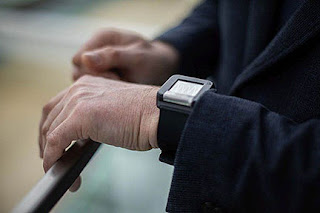Alphabet Bets Big on Gene Editing

Leads Investment in New Biotech focused on Therapies for Coronary Heart Disease Source: Stock Image of Gene Editing Goal: Therapies to Safely Edit Human Genome to Permanently Reduce Heart Disease Risk Coronary heart disease is the leading cause of death worldwide. Alphabet's venture capital arm GV is leading a $58.5 million investment to launch Verve Therapeutics. Verve, based in Cambridge, MA, has been founded by a renowned team of researchers in cardiovascular genetics and gene editing. They are developing therapies that involve editing the human genome to permanently reduce the risk of heart disease. The company will use the funding to go into early stage testing of its therapies on animals. Verve's Focus The company says it will develop treatments only by editing adult cells so that the effects of genetic manipulation can't be passed on to future generations. Also, it plans to focus on adults at risk of coronary artery disease. The...



